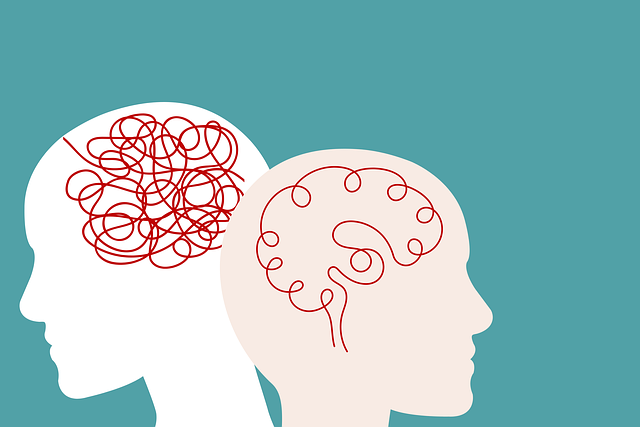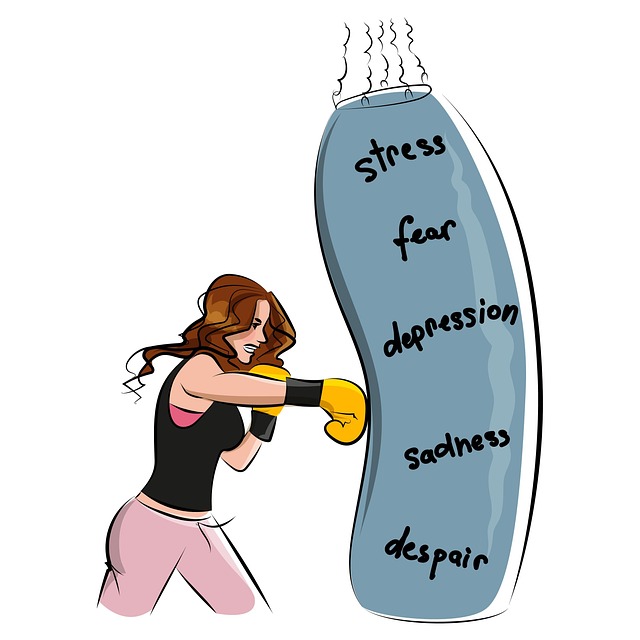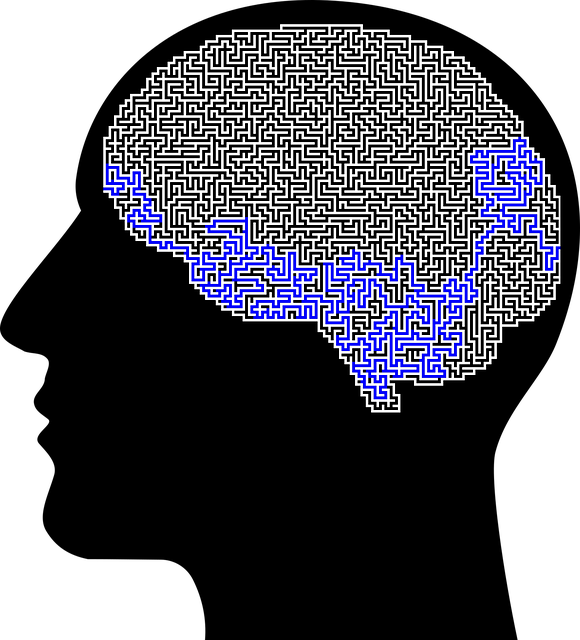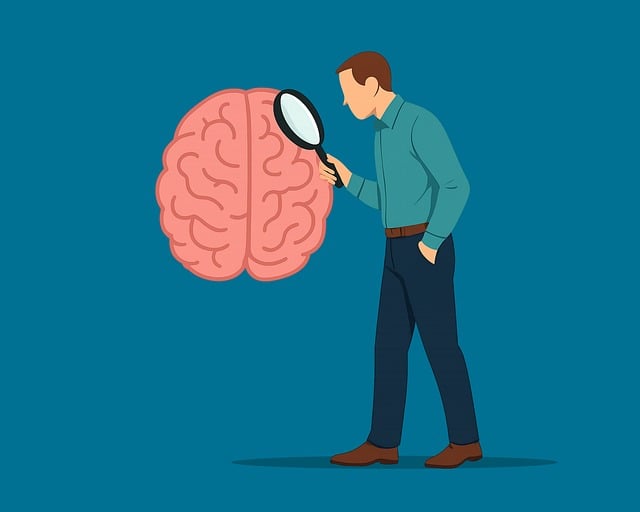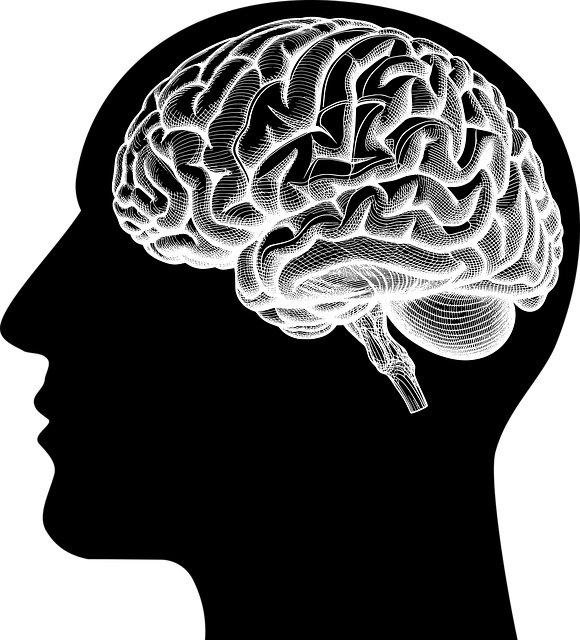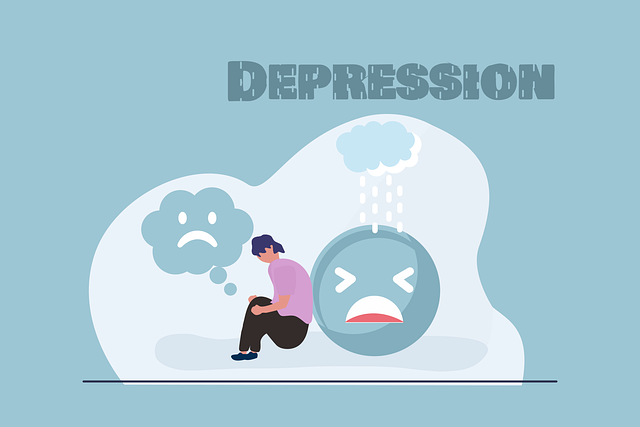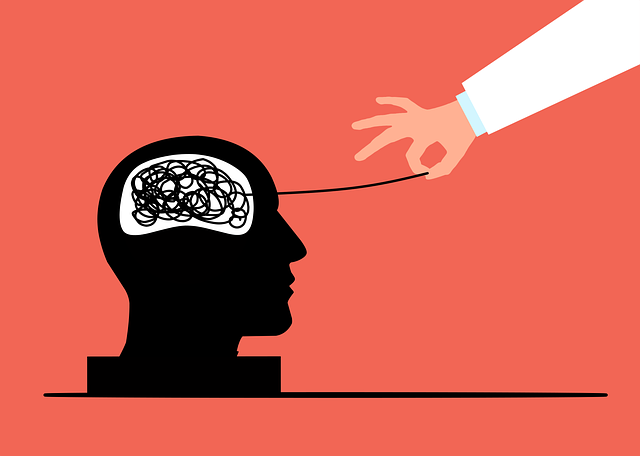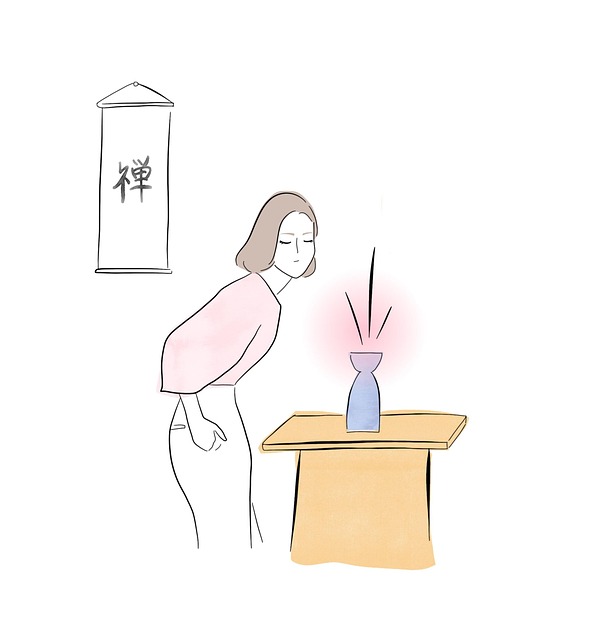Stress, a natural reaction to challenges, becomes harmful with chronic activation, leading to mental health issues like anxiety and depression. Lafayette Phobias Therapy offers a safe haven for managing stress responses, addressing deep-rooted fears through cognitive behavioral therapy (CBT) and mindfulness techniques. Their holistic approach boosts resilience, self-esteem, and emotional intelligence, while Stress Management Workshops equip clients with practical tools. Mental health professionals recommend integrating stress management strategies into daily routines, including self-care, exercise, mindfulness, and setting boundaries. Cultural sensitivity in mental healthcare ensures individuals feel heard and respected, contributing to a healthier, more balanced lifestyle.
Stress is a pervasive modern concern, yet manageable through various effective methods. In this article, we explore different strategies to reduce stress and its profound impact on mental well-being. We delve into ‘Lafayette Phobias Therapy’, a holistic approach gaining traction for its success in alleviating stress. Additionally, we offer practical daily techniques for managing stress, providing readers with valuable tools to enhance their overall mental health.
- Understanding Stress and Its Impact on Mental Well-being
- Lafayette Phobias Therapy: A Holistic Approach to Stress Reduction
- Practical Strategies for Daily Stress Management
Understanding Stress and Its Impact on Mental Well-being

Stress is a natural response to demanding situations, but chronic stress can have detrimental effects on mental well-being. It’s important to understand that stress isn’t always negative; acute stress can enhance performance and focus. However, when stress becomes prolonged, it can lead to anxiety, depression, and other mental health issues. This is where Lafayette Phobias Therapy comes into play, offering a safe space for individuals to navigate and manage their stress responses effectively.
Cultural sensitivity in mental healthcare practice is crucial, as stress manifests differently across diverse populations. Healthcare provider cultural competency training equips professionals with the skills to address these nuances. By incorporating practices that foster coping skills development, such as mindfulness and relaxation techniques, individuals can reduce stress impacts and enhance overall resilience.
Lafayette Phobias Therapy: A Holistic Approach to Stress Reduction

Lafayette Phobias Therapy offers a unique and holistic approach to stress reduction, focusing on addressing deep-rooted fears and anxieties that often contribute significantly to an individual’s overall stress levels. This therapy goes beyond surface-level coping mechanisms by delving into the root causes of phobias, which are often linked to past traumatic experiences or intense emotional responses. Through a combination of cognitive behavioral therapy (CBT), mindfulness techniques, and personalized support, clients learn to manage and overcome their specific fears in a safe and controlled environment.
The holistic nature of Lafayette Phobias Therapy extends beyond the mind by integrating self-esteem improvement and emotional intelligence development. By enhancing these aspects, individuals gain the confidence to confront their phobias head-on, fostering resilience and effective stress management skills that carry over into other areas of life. Moreover, participation in Stress Management Workshops organized by such therapy centers equips clients with practical tools and strategies for navigating stressful situations, ultimately leading to improved overall well-being.
Practical Strategies for Daily Stress Management

Incorporating practical strategies into daily routines is a proactive approach to stress management. Mental health professionals like those offering Lafayette Phobias Therapy emphasize the importance of self-care, exercise, and mindfulness techniques. Regular physical activity, for instance, releases endorphins that boost mood and reduce tension. Mindfulness practices, such as meditation or deep breathing exercises, help individuals stay grounded in the present moment, mitigating the impact of stressors.
Additionally, effective stress management involves setting boundaries and prioritizing tasks. Cultural Sensitivity in Mental Healthcare Practice plays a significant role here, ensuring individuals feel heard and respected. Organized Stress Management Workshops can equip people with valuable tools for coping, fostering a sense of control over their mental well-being. Regular risk management planning is crucial; it involves identifying potential stressors and developing strategies to mitigate their impact, contributing to an overall healthier and more balanced lifestyle.
In understanding the profound impact of stress on mental well-being, this article has explored various strategies for its reduction. From recognizing the effects of stress and seeking professional help like Lafayette Phobias Therapy for holistic solutions, to adopting practical daily management techniques, these approaches empower individuals to navigate life’s challenges more effectively. By integrating these methods into their routines, folks can foster resilience, enhance mental clarity, and cultivate a healthier, more balanced lifestyle.


